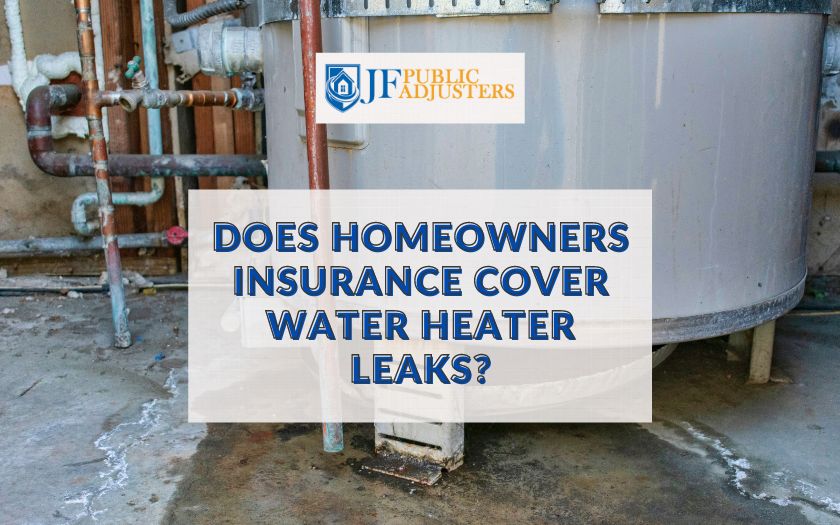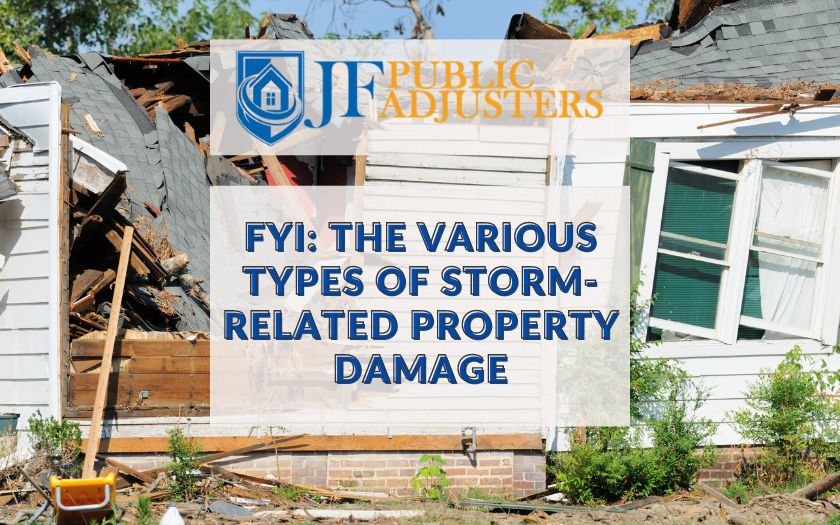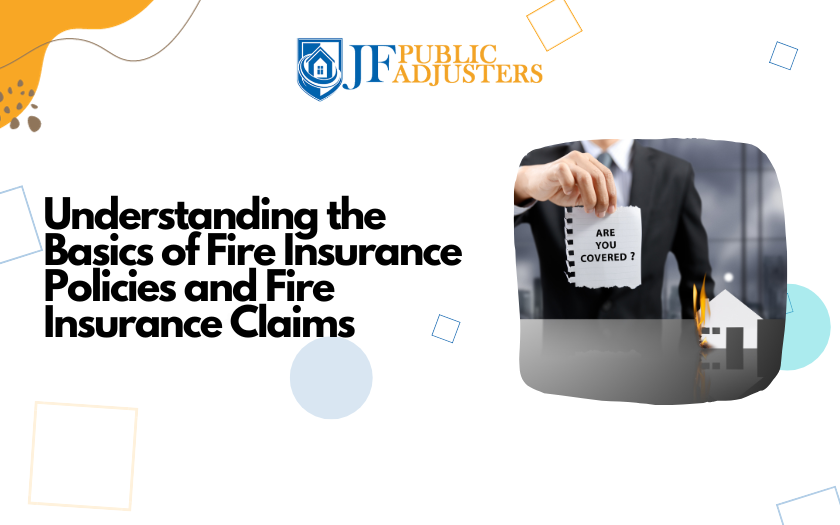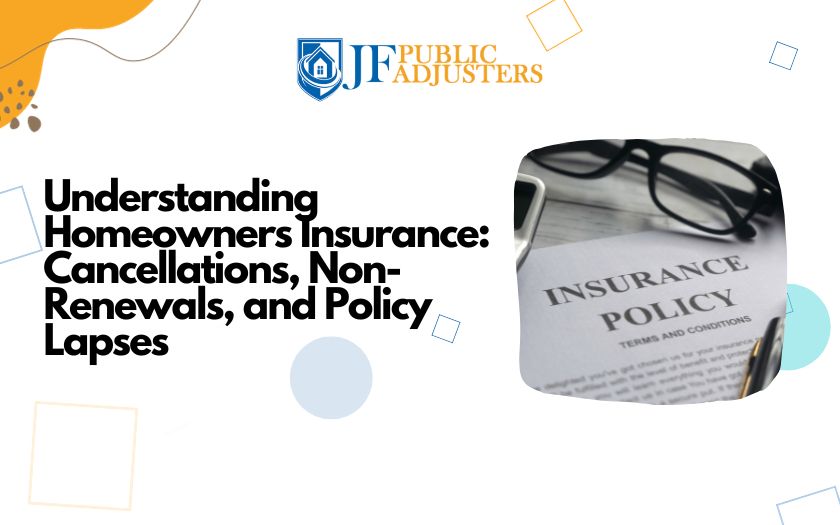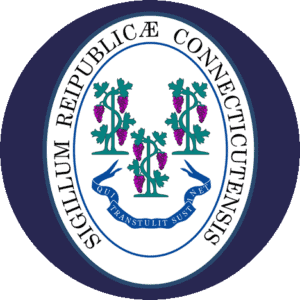When it comes to insuring your property, one crucial aspect is determining its value. That value becomes the sum insured and has a significant impact on calculating your insurance premium. Factors like location, materials, and age also play a role. Understandably, insurance premiums can be hefty, leading some people to consider reducing the value of their property to lower the premium. After all, you might think, what are the odds of ever needing to make a claim? But here’s the important point to consider:
By taking this route, you’re actually underinsuring your property. In this article, we’ll dive into the topic of underinsurance and explore why it’s not the best idea. It may seem like a smart idea to save on premiums, but underinsuring your property can put you in a precarious financial situation when a claim event arises.
So, let’s delve into the details and shed light on the potential risks of underinsurance.
What is underinsurance? What are the pros and cons of underinsurance? And how does underinsurance impact a claim?
Underinsurance refers to a situation where the coverage provided by an insurance policy is insufficient to fully compensate for the value of a loss or damage. It occurs when policyholders underestimate the true worth of their assets or fail to adjust their coverage adequately over time.
Pros of Underinsurance:
Lower Premiums: One of the perceived advantages of underinsurance is the potential for reduced insurance premiums. By selecting coverage that falls short of the actual value of their assets, policyholders may pay lower premiums in the short term.
That’s it. That’s pretty much the only advantage of taking this route.
Cons of Underinsurance:
Inadequate Compensation: The most significant drawback of underinsurance is the potential for inadequate compensation when a claim occurs. If the coverage limit is insufficient to cover the full extent of the loss or damage, policyholders may be left to bear a significant portion of the financial burden themselves.
Financial Stress: Underinsurance can result in unexpected financial stress when policyholders are forced to cover expenses beyond the limits of their insurance policy. This can impact their ability to recover and rebuild after a loss, potentially leading to financial strain and difficulties.
Limited Rebuilding or Replacement Options: Insufficient coverage may restrict policyholders’ options when it comes to rebuilding or replacing damaged property. They may need to settle for lower-quality materials or make compromises in the restoration process, impacting the overall quality and value of the repairs.
Potential Coverage Disputes: Underinsurance can lead to coverage disputes with the insurance company. Insurers may argue that the policyholder failed to maintain adequate coverage, potentially resulting in denied claims or reduced payouts. Resolving these disputes can be time-consuming, adding additional stress to an already challenging situation.
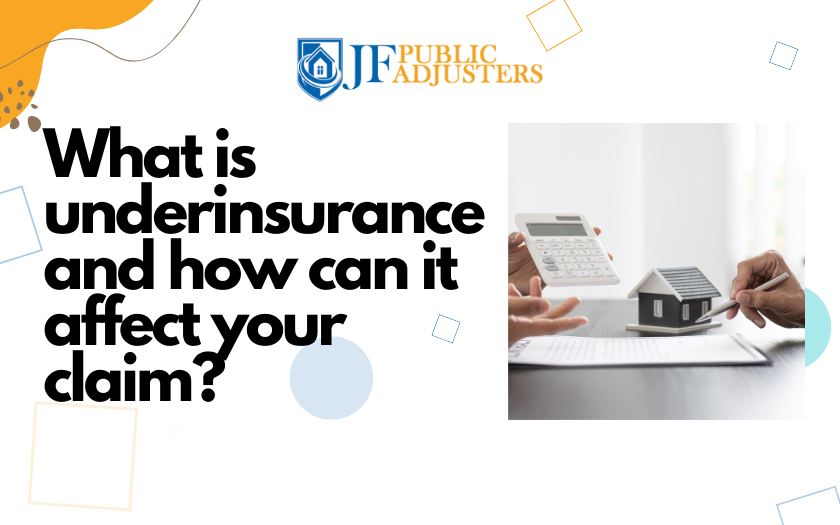
The Impact of Underinsurance on a Claim:
When a claim is filed, your insurance company reviews your policy to determine if the policy will respond and to what extent. The sum insured is a key piece of information in this process and underinsurance can have significant repercussions. The insurance company will assess the claim based on the policy’s coverage limits, not the actual value of the loss. As a result, you may receive a partial settlement that is insufficient to cover the full extent of the damages. This can hinder your ability to repair or replace the damaged property fully and may lead to out-of-pocket expenses.
It’s essential for you to regularly review your insurance coverage and ensure it accurately reflects the current value of your assets. Working with a reputable insurance agent or a public adjuster can help assess coverage needs accurately and prevent the pitfalls of underinsurance. Maintaining adequate coverage provides peace of mind, financial security, and the confidence that one’s assets are fully protected in the event of a loss.
Here are a few examples of how a claim might be settled when the property is underinsured:
Partial Payment: If the property is underinsured and sustains damage, the insurance company will typically calculate the settlement based on the proportion of coverage to the actual value of the loss. For instance, if the property is insured for only 50% of its actual value and incurs $100,000 in damages, the insurance company would potentially pay out only $50,000 (50% of the total damages). As mentioned earlier, this defeats the purpose of obtaining an insurance policy which is to protect yourself from financial loss.
Deductible Deduction: When a claim is filed on an underinsured property, the insurance company may still apply the deductible stated in the policy. The policyholder would need to pay the deductible amount out of pocket before the insurer contributes its share towards the claim settlement. This means the policyholder is responsible for covering a portion of the loss, in addition to the inadequate coverage.
Co-Insurance Penalty: Some insurance policies include a co-insurance clause that requires policyholders to maintain coverage equal to a certain percentage (e.g., 80%) of the property’s actual value. If the policyholder falls below this threshold, they may face a co-insurance penalty. This means that in the event of a claim, the penalty reduces the settlement even further, resulting in a significantly lower payout than anticipated. We see this clause being strictly implemented by several insurance providers.
Out-of-Pocket Expenses: When a property is underinsured, you may find yourself responsible for covering expenses that exceed the coverage limit. This could include costs related to repairs, replacements, or temporary housing. You must bear the financial burden for these additional expenses, which can cause significant strain on their finances.
Coverage Limit Exhaustion: If a property is severely underinsured and sustains extensive damage, the claim settlement may reach or exceed the coverage limit. Once the coverage limit is exhausted, the insurance company will not provide any further compensation, leaving the policyholder to cover the remaining costs entirely.
These examples highlight the potential consequences of underinsurance in claim settlements. It underscores the importance of accurately assessing and maintaining sufficient coverage to ensure adequate protection in the event of a loss or damage. Regularly reviewing and adjusting your insurance policies to reflect the current value of the property is essential to avoid being caught in a situation where inadequate coverage compromises the claim settlement.
We totally get it – insurance premiums can really add up, and it’s natural to want to find ways to reduce costs. However, intentionally undervaluing your property and ending up with underinsurance is not the best approach. Let’s face it: trying to cut corners by incorrectly declaring your property’s value can lead to some serious consequences down the line.
If your property sustains damage due to an insured event such as fire, broken pipes, windstorm, or other insured event, give us a call and we’ll be happy to discuss what we can do for you. We help policyholders successfully manage their water damage insurance claims and ensure that they receive the best possible settlement so that their homes are restored to their pre-loss condition as quickly and efficiently as possible.
Unsure if your insurance will cover the damage? Contact us anyway.
JF Public Adjusters offers a free claim review and consultation. Call or text (917) 272-8793.
Contact Us
You can reach us via phone or text at (917) 272-8793.
GET IN TOUCH!
The Leading Property Damage Experts Are Here To Help
CONTACT NEW YORK’S HIGHEST RATED PUBLIC ADJUSTER IMMEDIATELY BY CALLING OUR OFFICE OR BY COMPLETING THE FORM.
CALL US FOR FREE

